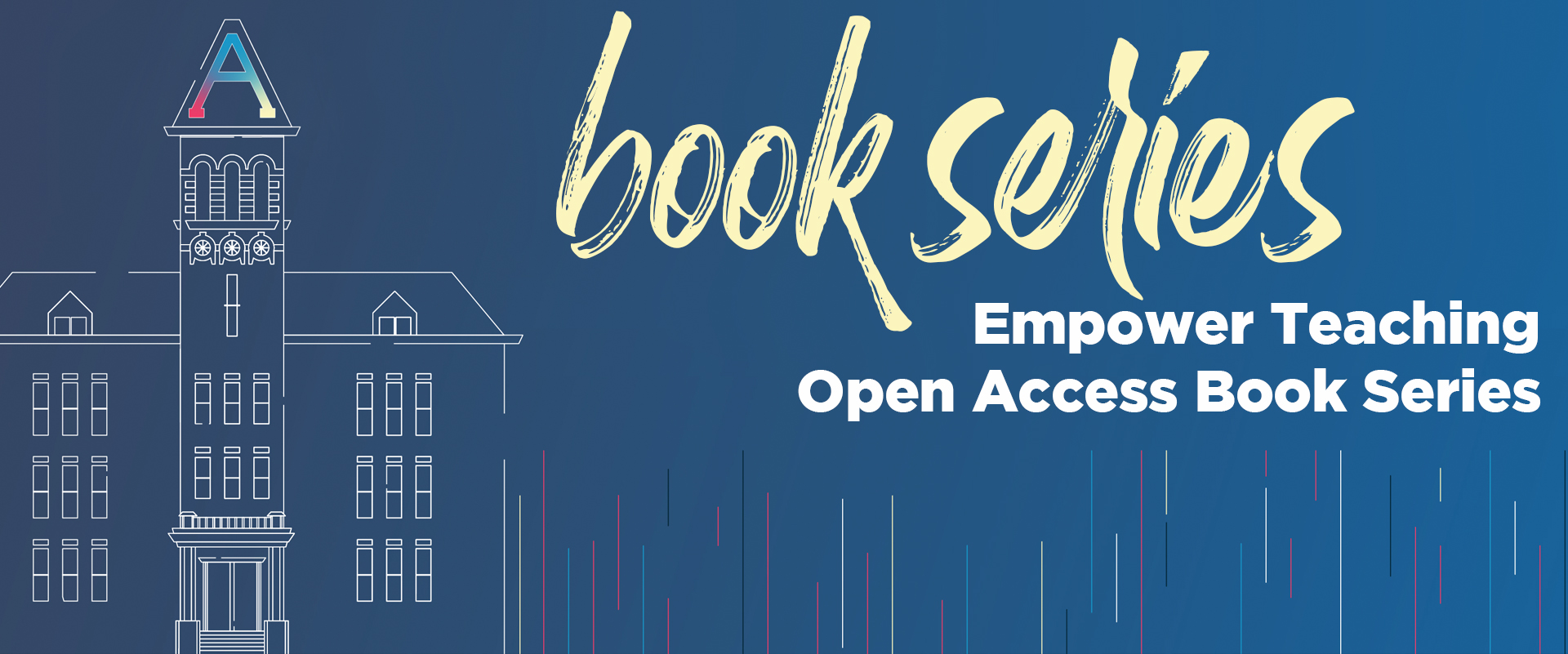Document Type
Chapter
Journal/Book Title/Conference
Making Connections: A Handbook for Effective Formal Mentoring Programs in Academia
Editor
David Law & Nora Domínguez
Publisher
Utah State University
Publication Date
5-15-2023
First Page
151
Last Page
172
Creative Commons License

This work is licensed under a Creative Commons Attribution-Noncommercial-No Derivative Works 4.0 License.
Abstract
Mentoring is a crucial part of personal and professional development in practically any environment, including higher education, industry, and private institutions, though the nature and methods of such mentoring may vary as much as the organizations themselves. Because institutions differ so much in their structures and needs, it is important that a dedicated program coordinator be assigned to define mentoring and spearhead the construction, implementation, assessment, and evaluation of any institutional mentoring program. This program coordinator should have enthusiasm for mentoring, effectively communicate program goals, and provide the training and resources necessary to implement an efficient mentoring model. Coordinators should also direct the assessment and evaluation process and make changes, as needed, to promote quality results. This chapter will explain this process in detail, outlining the characteristics and duties of the ideal mentoring program coordinator and some ideas for evaluating and supporting that individual. We will also detail the six phases of designing, executing, evaluating, funding, and sustaining a successful program, followed by suggestions for future research and ultimate conclusions.
Recommended Citation
Christiansen, Michael A. and Busenbark, Don, "Chapter 7- The Crucial Role and Responsibilities of the Mentoring Program Coordinator" (2023). Making Connections. Paper 9.
https://digitalcommons.usu.edu/makingconnections/9



